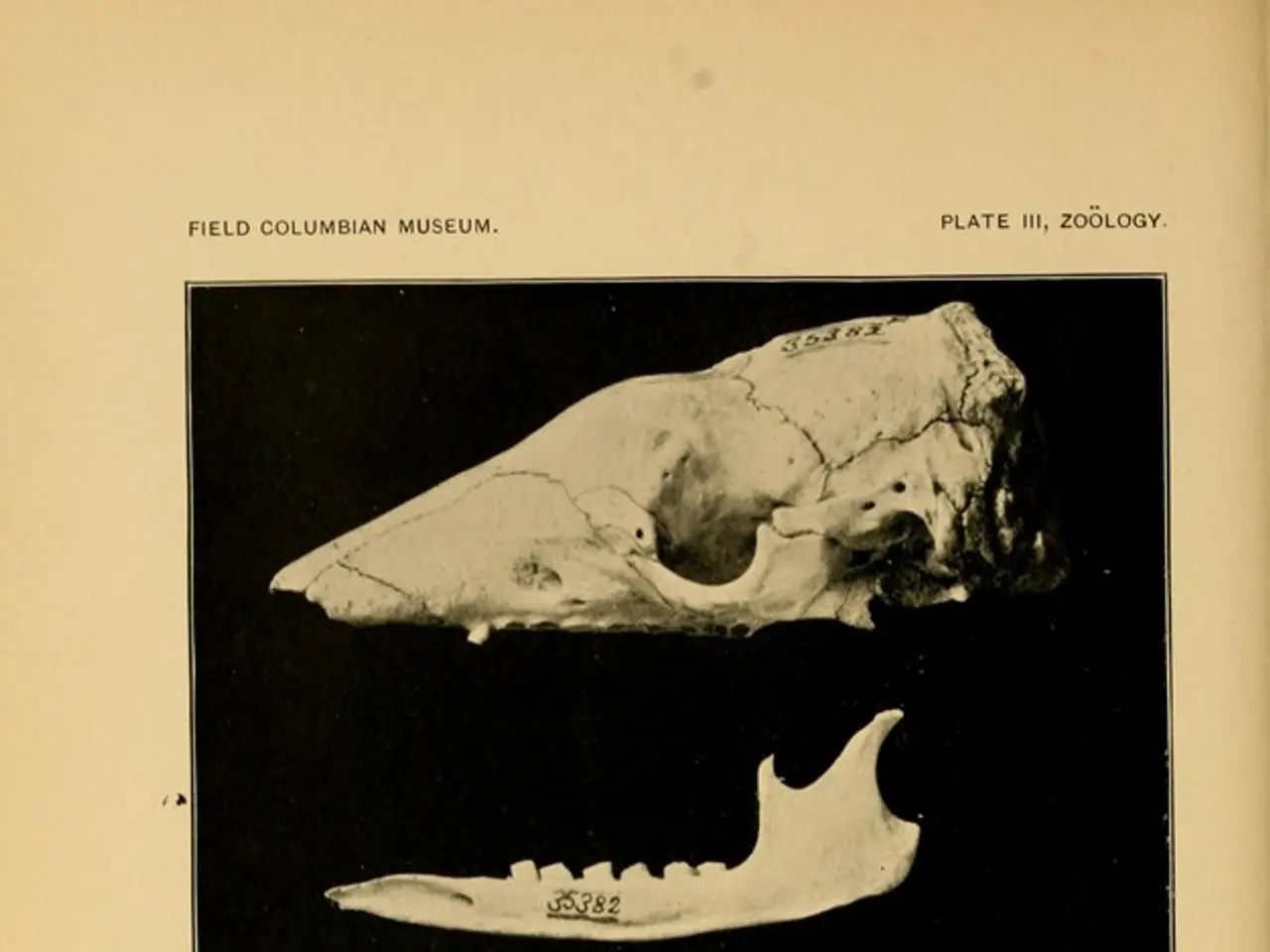Potential link between "male medication" and reduced Alzheimer's risk explored
A popular medication, commonly used to address erectile dysfunction, has an unexpected link to a reduced risk of Alzheimer's disease. Initially developed to treat high blood pressure due to its ability to dilate blood vessels, the drug was serendipitously discovered to have positive effects on another critical organ.
Researchers at University College London examined close to 270,000 men over a five-year period, comparing the rates of Alzheimer's between those taking prescriptions for erectile dysfunction and those without. After controlling for any other factors influencing the results, they found that men taking the prescriptions were 18 percent less likely to develop Alzheimer's. This effect was strongest among men receiving the most prescriptions during the study.
The connection between treating erectile dysfunction and reducing the risk of Alzheimer's can be attributed to the head-to-toe blood flow benefits of the medication. The drug works by increasing nitric oxide (NO) in the lining of blood vessels, causing them to widen and increase blood flow. Interestingly, both men and women naturally produce NO as part of the normal circulation process.
However, deficiencies in NO production can occur due to an insufficient intake of NO-boosting foods like certain vegetables or a reduction in sources of an amino acid required for NO production, such as red meat and dairy. Additionally, age-related imbalances can lead to a lack of essential nutrients that support artery health and blood pressure as well as an age-related increase in fibrin, the protein responsible for forming blood clots.
Ensuring an adequate supply of NO can be achieved by consuming spinach and beets, which trigger nitric oxide production in the body via the nitrate-nitrite-nitric oxide pathway. An alternative is supplementing with L-Arginine, the amino acid necessary for NO production found in red meat and dairy.
Another way to address potential issues related to fibrin and blood clots is through the use of nattokinase, an enzyme discovered in natto, a Japanese superfood, known for its ability to dissolve fibrin. Natto also contains high levels of vitamin K2 as MK-7, an essential nutrient for vascular health. Despite its health benefits, natto may not be a popular choice due to its slimy texture derived from fermented soybeans. As an alternative, supplements are available.
While further research is needed to fully understand the mechanisms behind this promising finding, the potential therapeutic benefits of erectile dysfunction drugs for Alzheimer's disease are a significant step forward in the pursuit of new treatments for cognitive decline.
- Incorporating health-and-wellness supplements like L-Arginine, found in red meat and dairy, or spinach and beets that trigger nitric oxide production, may aid in maintaining optimal nitric oxide levels for heart health and potentially reducing the risk of Alzheimer's disease.
- The connection between fitness-and-exercise, including activities that promote blood flow and cardiovascular health, and mental-health conditions such as Alzheimer's disease has gained attention, with research pointing towards potential therapeutic benefits in using medications initially developed for erectile dysfunction.
- Improving mental-health and overall wellness can also involve considering nutrition and essential nutrient intake, such as vitamin K2 as MK-7 from natto or supplements, to support vascular health, blood pressure, and artery health, which may contribute to lower Alzheimer's disease risk.







